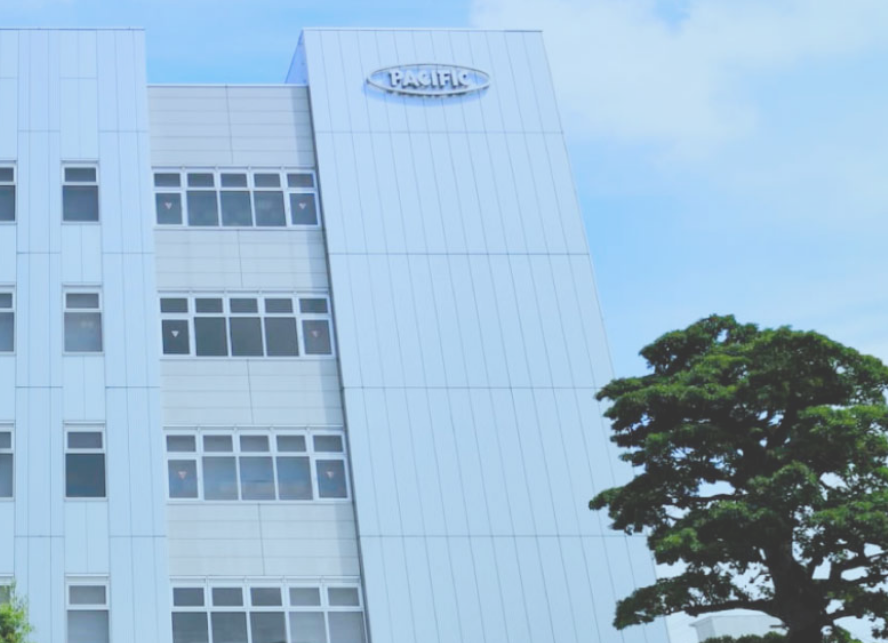According to foreign media reports, Pacific Industrial Co., a supplier for Toyota, plans to go private through a management buyout with an offer amounting to 110 billion yen (approximately 750 million USD). The company aims to shift towards a long-term development strategy to address the significant industry changes brought about by vehicle electrification. A special purpose company funded by the founding family of Pacific Industrial and others is set to launch the buyout offer at about 2,000 yen per share, representing a premium of approximately 40% over the current share price. The company's historical peak share price was reached in October 2018 at 1,998 yen. Currently, Pacific Industrial has a market capitalization of about 89.5 billion yen, and if all shares excluding treasury stock are acquired, the total buyout amount will be around 110 billion yen. Founded in 1930 initially as a manufacturer of automotive tire valve stems, Pacific Industrial is listed on the Prime market of the Tokyo Stock Exchange and is headquartered in Gifu Prefecture, Japan. The company holds a 50% share of the global tire valve stem market and nearly 100% in the domestic market. Additionally, it produces automotive body parts and plastic components. For the fiscal year ending March 2025, the company's consolidated sales were 206.1 billion yen, with a net profit of 13.2 billion yen. Chairman Shinya Ogawa and President Tetsushi Ogawa are both members of the founding family. Major shareholders include MUFG Bank and local banks Ogaki Kyoritsu Bank and Juroku Bank. The special purpose company is also considering borrowing from financial institutions. Another major Toyota supplier, Toyota Industries, announced in June that its board has resolved to accept privatization buyout proposals from Toyota and other companies, with plans to delist as early as early December. As the automotive industry transitions from internal combustion engines to electric vehicles and autonomous driving, the race for electrification is intensifying. Pacific Industrial is focusing on components related to electrification and developing new business lines. Due to the significant capital investment needed for commercialization, going private will allow the company to make long-term management decisions. However, the company may face increased financial burdens due to borrowing. Analysts point out that the future development of Pacific Industrial will depend on its ability to secure stable income from its valve stem business while rapidly establishing a foothold in the electric vehicle sector. Being publicly listed allows companies to raise funds from investors but also subjects them to investor demands and more obligations, such as disclosing information in a highly transparent manner. In contrast, privatization facilitates more autonomous management and the pursuit of bold structural reforms from a medium to long-term perspective. This year, around 70 companies have delisted or plan to delist from the Tokyo Stock Exchange. Following a March 2023 requirement from the Tokyo Stock Exchange for companies to consider capital costs and stock prices in their operations, along with an increase in unsolicited buyout offers, more companies view remaining listed as a burden. Management buyouts are a typical method of privatization, ensuring continuity in management but also raising potential conflicts of interest with common shareholders, as seen in previous cases where low buyout prices led to shareholder lawsuits.
Pacific Industrial Plans Management Buyout to Go Private Amid Electric Vehicle Shift

Share this post on: